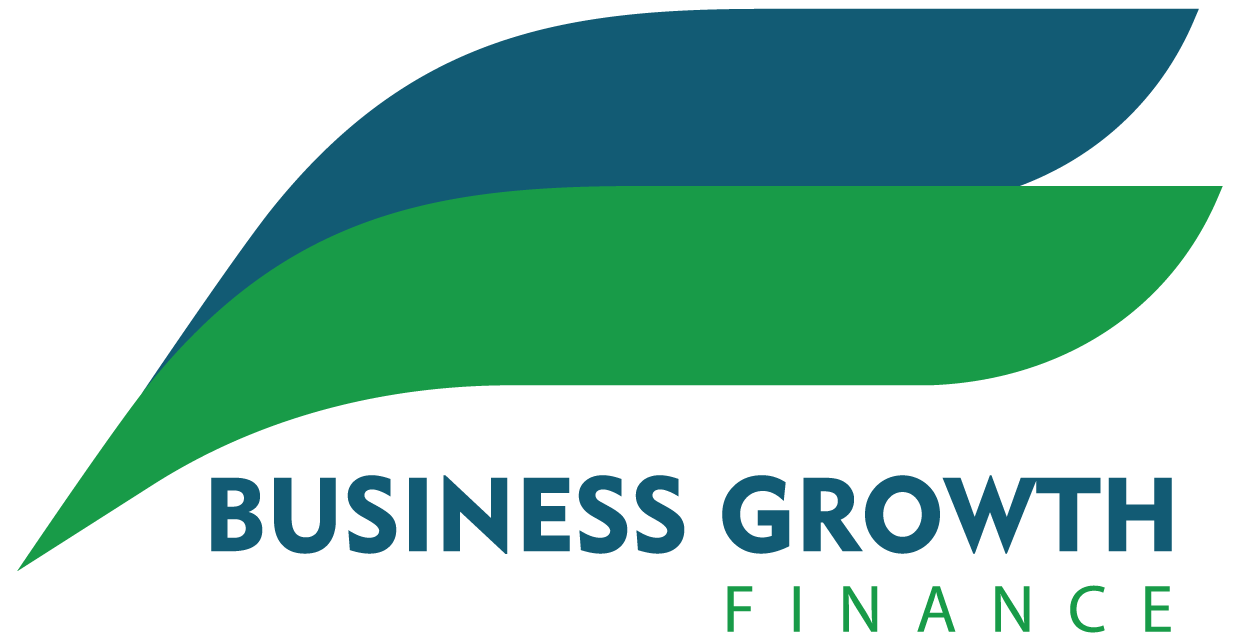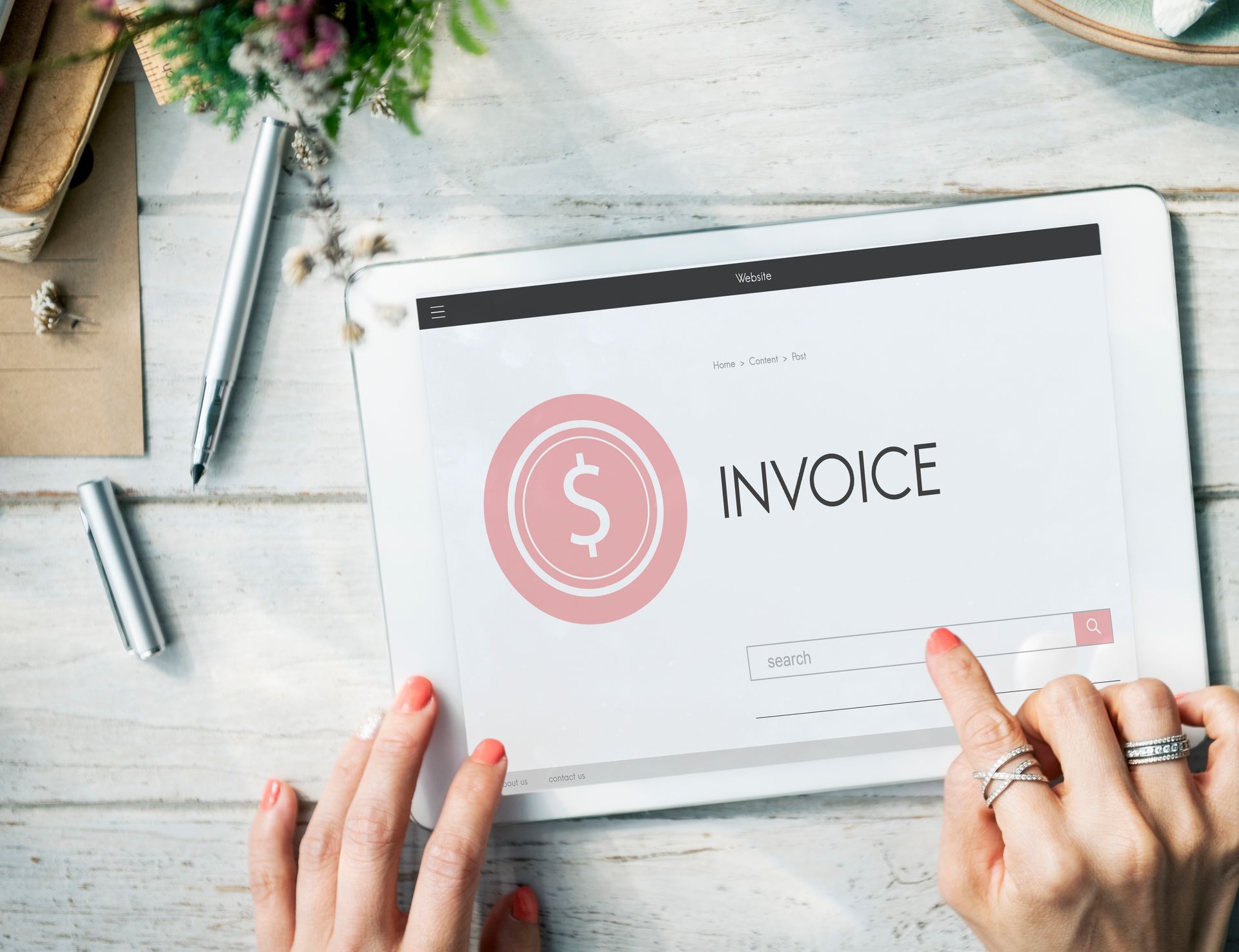Demystifying Commercial Property Finance: What Growing Businesses Need to Know
For many growing businesses, acquiring commercial property is a strategic move that enhances stability, builds equity, and provides long-term financial benefits. However, navigating commercial property finance can seem complex, with various loan structures, lender requirements, and financial considerations at play. This guide breaks down the key aspects of commercial property finance to help business owners make informed decisions.
Understanding Construction Equipment Finance Options
Commercial property finance refers to loans specifically designed for purchasing or refinancing properties used for business purposes. Unlike residential mortgages, these loans typically involve stricter lending criteria, larger deposits, and varying repayment structures depending on the borrower’s financial position and business goals.
Why Invest in Commercial Property?
- Asset Ownership – Instead of paying rent, business owners can build equity in their premises, providing long-term financial security.
- Predictable Costs – Fixed loan repayments can offer cost stability compared to fluctuating rental agreements.
- Potential Rental Income – Owners may lease out part of their property to generate additional revenue.
- Tax Benefits – Interest payments and certain property expenses may be tax-deductible.
- Capital Growth – Commercial properties can appreciate over time, offering capital gains opportunities.
Loan Structures and Financing Options
There are several ways to structure a commercial property loan. Understanding these options can help business owners choose the best approach based on their financial situation and growth plans.
1. Traditional Commercial Loans
Banks and major lenders offer commercial property loans with varying terms, repayment options, and interest rates. Typically, these loans require:
- A deposit of 20% to 40% of the property value.
- A loan term ranging from 5 to 30 years.
- Fixed or variable interest rates.
- Full documentation, including financial statements, tax returns, and business forecasts.
2. Lease Doc Loans
For businesses with strong lease agreements, lenders may offer loans based primarily on the rental income generated by the property, rather than full financial statements.
3. Low Doc and No Doc Loans
These loans cater to self-employed borrowers who may not have comprehensive financial records. While convenient, they often come with higher interest rates and lower loan-to-value ratios (LVRs).
4. SMSF Loans
Self-Managed Super Funds (SMSFs) can be used to purchase commercial property, providing tax advantages. However, strict compliance and lending rules apply.
5. Development and Construction Loans
If a business intends to develop or renovate commercial property, a construction loan may be required. These loans release funds progressively as the project reaches key milestones.

Lending Criteria: What Lenders Consider
Lenders assess multiple factors when approving commercial property finance applications. Key criteria include:
- Financial Position – Businesses must demonstrate profitability and the ability to service loan repayments.
- Deposit and Loan-to-Value Ratio (LVR) – Higher deposits reduce risk for lenders and improve loan approval chances.
- Business Stability – A solid trading history of at least two years is often required.
- Creditworthiness – Good business and personal credit scores strengthen applications.
- Property Type and Location – Prime-location properties are generally viewed as lower risk.
- Rental Income (if applicable) – Rental yield can influence borrowing capacity.
- Loan Security – Personal or business assets may be used as collateral.
Balancing Property Investment with Business Growth
While purchasing commercial property is a strategic investment, business owners must ensure it aligns with their broader financial goals. Key considerations include:
1. Cash Flow Management
Large upfront costs and loan repayments can impact cash flow. Business owners should ensure they have sufficient working capital to support ongoing operations.
2. Opportunity Cost
Tying up capital in property may limit resources available for business expansion, hiring, or marketing initiatives.
3. Future Business Needs
Business growth may lead to changes in space requirements. Leasing rather than purchasing may offer greater flexibility in some cases.
4. Debt Management
A commercial property loan adds to a business’s debt load. Owners must assess whether they can comfortably manage repayments alongside other financial obligations.
5. Exit Strategy
Business owners should consider their long-term exit strategy, including whether they plan to sell, lease, or retain the property after business retirement or restructuring.
Seeking Expert Guidance
Commercial property finance is a significant commitment, and expert advice is crucial. Mortgage brokers specialising in commercial loans can:
- Compare loan products from multiple lenders.
- Negotiate competitive interest rates and terms.
- Provide tailored advice based on business objectives.
- Assist with documentation and loan application processes.
Commercial property ownership can be a powerful tool for growing businesses, offering financial stability, asset appreciation, and cost control. However, understanding financing options, structuring loans correctly, and balancing property investment with business growth are critical to long-term success.
Business owners considering commercial property finance – whether they’re looking to finance it through startup business loans or otherwise - should consult with a mortgage broker to explore the best options tailored to their needs. With the right strategy, businesses can secure a valuable asset while maintaining the financial flexibility needed for future expansion.
Let’s talk!

All Rights Reserved | Business Growth Finance Pty Ltd



